Institutional regulation regarding hazing
Southwestern Community College prohibits any form of hazing in its programs, activities, and by student organizations. This policy sets forth the college’s procedures handling reports of hazing, the potential consequences for engaging in hazing, information on SWCC’s hazing prevention and awareness programs, and the college’s reporting and publication requirements.
Definitions
Hazing means any intentional, knowing, or reckless act by a person, or in concert
with others, against another regardless of their willingness to participate that:
- is committed in the course of initiation into, affiliation with, or the maintenance of membership in, a student organization; and
- causes or creates an unreasonable risk of physical or psychological injury, including any activity which places another person in reasonable fear of bodily harm through the use of threatening words or conduct and any activity that includes or requires another person to perform a criminal violation of state or federal law.
This includes whipping, beating, striking, electronic shocking, or placing a harmful substance on someone’s body. It includes causing, coercing, or otherwise inducing: sleep deprivation; exposure to the elements; confinement in a small space; extreme exercise; consuming food, liquid (including alcohol), drugs, or other substances; or the performance of sexual acts.
Student organization means any organization at SWCC in which two or more of the members are enrolled students, whether or not the student organization is established or recognized by SWCC. This includes clubs, societies, associations, athletics teams, bands, or student government.
Iowa also has a criminal law on “hazing,” Iowa Code 708.10. This law defines hazing as an intentional or reckless act or acts involving forced activity which endangers the physical health or safety of a student for the purpose of initiation or admission into, or affiliation with, any organization operating in connection with the college, regardless of the student’s willingness to participate.
Reporting Hazing and Investigations
All forms of hazing must be reported to the dean of student services/deputy Title IX coordinator or the Title IX coordinator. If any campus official or employee such as a coach, sponsor, adviser, or residence life staff member receives a report or becomes aware of an alleged hazing incident, they should report it to one of the aforementioned college administrators.
All allegations of hazing will be taken seriously and investigated. Allegations against students and/or student organizations will be handled under the student conduct policies and procedures. Any allegations against faculty or staff will be investigated and handled under applicable employee policies, procedures, and law.
Consequences for founded incidents of hazing can include discipline up to and including suspension or expulsion for students, serious sanctions for student organizations, and termination of employees.
Allegations of hazing may also be reported to law enforcement for criminal investigation.
Clery Act Statistical Reporting and Transparency Report
In accordance with the Clery Act, statistical information on hazing incidents within the college’s Clery geography are included in the Annual Security Report which is distributed to the campus community each year on or before October 1.
Consistent with applicable law, SWCC will also collect information on hazing incidents involving student organizations and publish a Campus Hazing Transparency Report on its website, if there are violations to report. If there are violations, the college will update the Transparency Report at least twice a year with the following information.
- A statement notifying the public of the annual availability of the college’s hazing statistics in the Annual Security Report;
- Information about this policy and Iowa’s hazing law; and
- For each period of time since the last update, the following information about each finding of responsibility for a hazing violation against a student organization: the name of the student organization; A general description of the hazing violation that resulted in a finding of responsibility, including whether the violation involved the abuse or illegal use of alcohol or drugs; the findings of the institution, and any sanctions placed on the student organization by the institution, as applicable; and the dates on which the hazing was alleged to have occurred, when the investigation was initiated and ended, and when the student organization was noticed of the violation.
Neither the statistical information in the Annual Security Report nor the Campus Hazing Transparency Report will include any student’s personally identifiable information, as defined by the Family Educational Rights and Privacy Act (FERPA). Past transparency reports will be maintained by SWCC for at least five calendar years from the date of publication.
Prevention and Awareness Programs
It is the policy of SWCC to develop and offer prevention and awareness programs related to hazing. These programs will be research-informed and campus-wide, and designed to reach students, faculty, and staff with information about:
- this policy, including how to report incidents of hazing and SWCC’s processes used to investigate incidents of hazing;
- Iowa’s hazing law; and
- primary prevention strategies intended to stop hazing before hazing occurs, which may include skill building for bystander intervention, information about ethical leadership, and the promotion of strategies for building group cohesion without hazing.
